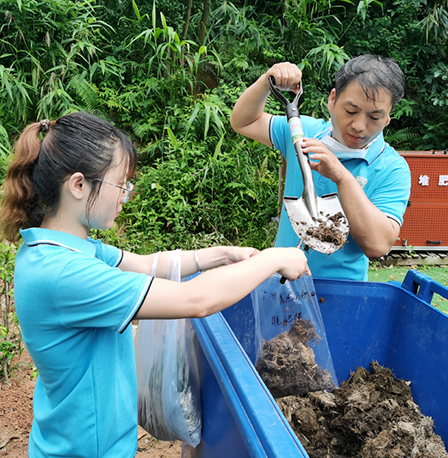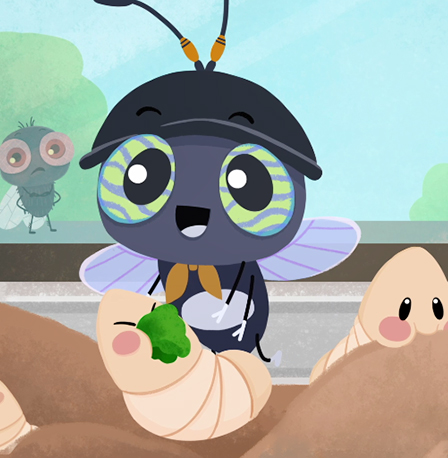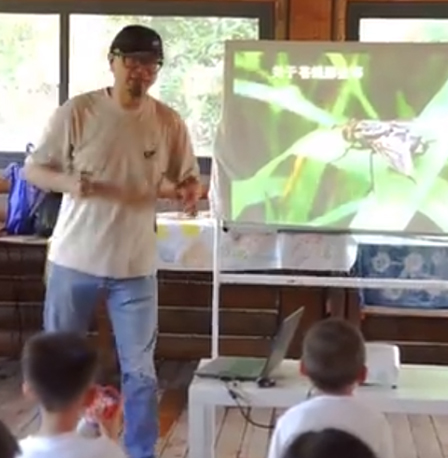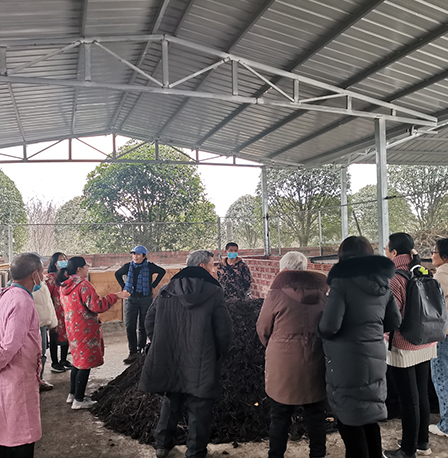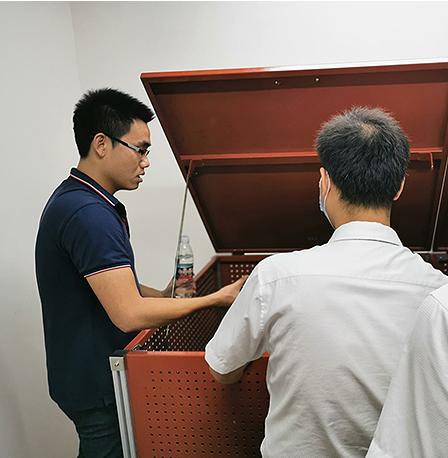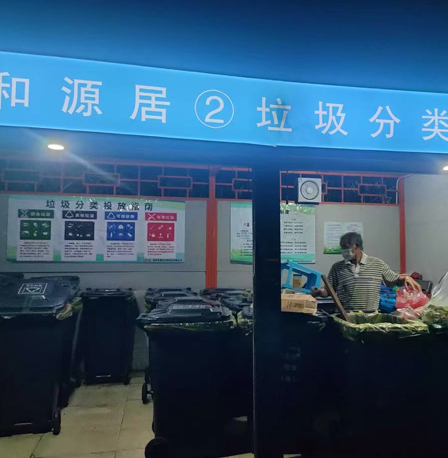- Topic Platform
- Think Tank Platform
The organic waste generated in kitchens, gardens and other scenarios has always been a long-standing challenge in the field of community waste treatment. Vanke Foundation has set up a "topic" section in its business field to closely cooperate with scientific research institutions and social organizations to study and summarize the organic waste reduction and in-situ recycling paths in different real-life scenarios such as urban and rural areas.
In the "Think Tank" section, Vanke Foundation connects experts, scholars, and technical teams in the field of community waste management to support related research projects, cultivate young scholars, and fund high-level professional forums. It builds a platform for mutual support and collaboration to jointly explore problem-solving methods, which provides technical solutions for community waste management issues, and promotes the social concepts and public awareness.
To meet the urgent demand for carbon emission measurement methods and tools by social organizations in the field of solid waste (referred to as "solid waste"), Vanke Foundation funded REEI to carry out the "Carbon Emission Reduction Capacity Building of Social Organizations in the Field of Solid Waste" project. Through offline and online training, follow-up guidance, and other means, it helped 30 social organizations in the field of solid waste in China learn carbon emission calculation methods and proficiently use accounting tools to calculate the carbon emission reduction achievements of the project, evaluate and adjust the project content.
In 2021, REEI enhanced the said social organizations to understand climate change and the concept of "carbon peaking and carbon neutrality". In 2022, REEI continued to exert itself and successfully held a workshop on "Practice From Carbon Accounting to Urban Solid Waste Carbon Reduction Potential Estimation". By optimizing urban solid waste treatment and emission reduction tools, and developing environmental policies, it deeply explored the carbon reduction potential of social organizations.
23 social organizations that focus on issues such as waste composting, incineration, and rural garbage participated in offline workshops. A total of 108 persons participated in the online workshops, with over 700 people -times watching live streaming. In addition, based on the partner students’ tool use experience, a case study was developed comprising kitchen waste treatment calculation projects such as Aifen Environmental Protection and Green Innovation Development Center, for more partners to refer to.
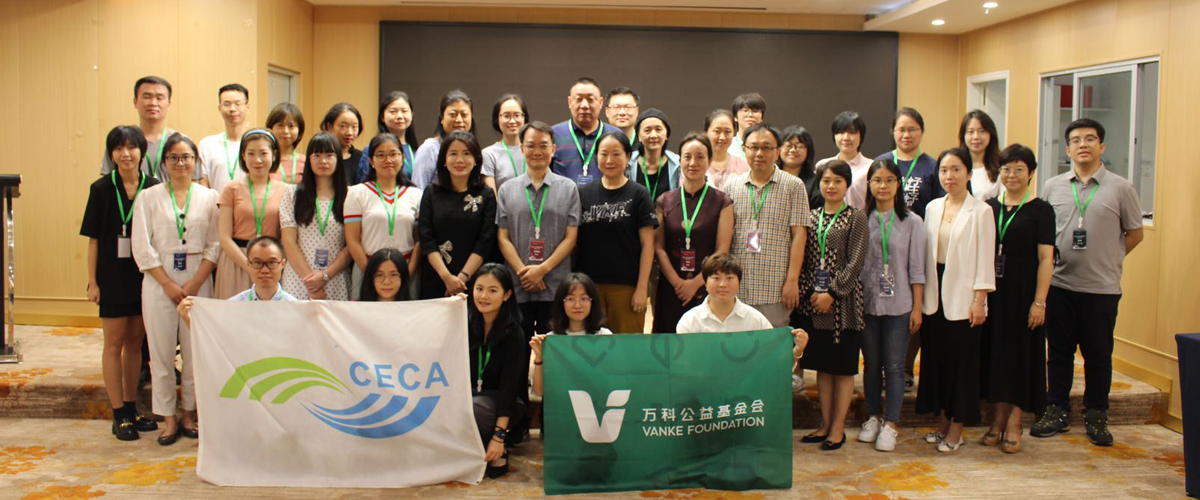
Since 2020, in order to address the increasingly prominent challenge of urban waste, assist government departments and social stakeholders in mastering the relevant situation and dynamic data of urban community waste classification, and promote multi-party participation in the reduction at the source and recycling of domestic waste, the Institute of Public and Environmental Affairs (IPE) and Vanke Foundation have jointly developed and operated an urban garbage map database, launched garbage classification snapshot activities, and developed a garbage classification index to evaluate multiple cities and publish evaluation results.
In 2022, the nationwide garbage snapshots exceeded 83,622, illuminating 47,197 residential areas and covering 337 cities ; The garbage classification index can evaluate up to 102 cities, including 41 out of 46 key cities for garbage classification. The urban garbage map has also been recognized by experts and local authorities as a tool for conducting community garbage classification surveys or assessments in cities such as Qingdao and Suzhou. Qingdao Municipal Solid Waste Classification Work Evaluation Measures (Trial) officially stipulates that the evaluation of the placement quality is based on the "Blue Map" APP (garbage map) scoring or on-site spot checks.
In 2022, the Urban Garbage Map project released three issues of urban garbage classification index briefings based on the snapshot data. In the first quarter, 30 cities were included in the evaluation, 39 cities were included in the second quarter, and 77 cities were included in the third quarter. After the briefing was released, it attracted the attention of urban management bureaus in Suzhou, Qingdao, Xi'an, and other cities. The project collected 214 actively released solid waste bulletins in 2021 and initiated information disclosure applications to 73 prefecture level and above cities that did not actively release the bulletins. As of December 13, 2022, responses have been received from 39 cities, and 252 solid waste bulletins have been received and displayed on the map. The project monitored the environmental performance of 1,342 waste incineration units, 1,220 landfill sites, and 327 kitchen waste disposal units in real-time. It conducted written research on the goals and progress of 1,000 enterprises in plastic reduction, collected 74 plastic reduction commitments and progress towards achieving goals from 52 brands, and built a global corporate responsibility mechanism. Based on the Green Supply Chain CITI Index, a preliminary rating of 1,000 brands was completed, and the practice cases of 74 brands were collected and preliminarily organized, mainly from industries such as food and beverage, daily chemical, retail, plastic toys, and electronics.

Back

